What causes insomnia and what symptoms should I look for?
Insomnia is thought to be symptomatic of other things. For instance, many psychiatrists have long noted a strong connection between depression sufferers and insomnia symptoms to the point that they believe insomnia is a symptom of depression and anxiety. But insomnia can also be caused by poor sleep hygiene or lifestyle habits and practices surrounding bedtime—you might not have a set bedtime, or keep the TV on while you’re trying to sleep. You may drink a cup of coffee or a diet caffeinated soda too close to bedtime, or you might just be going through a spell of work-related stress that ‘s keeping you awake. Symptoms to be on the look-out for include: fatigue during awake hours, problems concentrating, irritability, lack of concentration, mood swings, and possible lack of good coordination.
How long does insomnia last?
Insomnia can be short-term, even one night—called transient insomnia, or it could be long-term or chronic. Some people live with insomnia for years, passing it off as their “normal” sleep pattern. Most adults require between 7 and 9 hours of sleep per night. This can drop slightly as you age, but 3 hours of sleep is abnormal.
Is insomnia treatable?
Insomnia treatments are available. Problem is that since insomnia is a big sign of some other problem your physician’s overall goal is to diagnose the primary cause for your insomnia before he or she can provide treatment for insomnia or secondary sleep disturbance. However, treatments can include prescription sleep aids, non-prescription or over-the-counter sleep aids, sleep hygiene, alternative therapies, or cognitive behavioral therapy (CBT).
Do I have to see a doctor about this?
Brief bouts of insomnia happen to most adults for one reason or another—relationship problems, pulling an all-nighter, PMS can cause a monthly bout, stress at work, — all of which usually resolve themselves. Long-term insomnia that affects your daily life should be brought to the attention of your doctor. Remember, insomnia is a secondary symptom of something else going on physically or mentally. Here is a self-assessment quiz to help you to evaluate your situation.
What is sleep hygiene?
1. Stick to a sleep schedule of the same bedtime and wake up time, even on the weekends. This helps to regulate your body’s clock and could help you fall asleep and stay asleep for the night.
2. Practice a relaxing bedtime ritual. A relaxing, routine activity right before bedtime conducted away from bright lights helps separate your sleep time from activities that can cause excitement, stress or anxiety which can make it more difficult to fall asleep, get sound and deep sleep or remain asleep.
3. If you have trouble sleeping, avoid naps, especially in the afternoon. Power napping may help you get through the day, but if you find that you can’t fall asleep at bedtime, eliminating even short catnaps may help.
4. Exercise daily. Vigorous exercise is best, but even light exercise is better than no activity. Exercise at any time of day, but not at the expense of your sleep.
5. Evaluate your room. Design your sleep environment to establish the conditions you need for sleep. Your bedroom should be cool – between 60 and 67 degrees. Your bedroom should also be free from any noise that can disturb your sleep. Finally, your bedroom should be free from any light. Check your room for noises or other distractions. This includes a bed partner’s sleep disruptions such as snoring. Consider using blackout curtains, eyeshades, earplugs, “white noise” machines, humidifiers, fans, and other devices.
6. Sleep on a comfortable mattress and pillows. Make sure your mattress is comfortable and supportive. The one you have been using for years may have exceeded its life expectancy – about 9 or 10 years for most good quality mattresses. Have comfortable pillows and make the room attractive and inviting for sleep but also free of allergens that might affect you and objects that might cause you to slip or fall if you have to get up
7. Use bright light to help manage your circadian rhythms. Avoid bright light in the evening and expose yourself to sunlight in the morning. This will keep your circadian rhythms in check.
8. Avoid alcohol, cigarettes, and heavy meals in the evening. Alcohol, cigarettes, and caffeine can disrupt sleep. Eating big or spicy meals can cause discomfort from indigestion that can make it hard to sleep. If you can, avoid eating large meals for two to three hours before bedtime. Try a light snack 45 minutes before bed if you’re still hungry.
9. Wind down. Your body needs time to shift into sleep mode, so spend the last hour before bed doing a calming activity such as reading. For some people, using an electronic device such as a laptop can make it hard to fall asleep, because the particular type of light emanating from the screens of these devices is activating to the brain. If you have trouble sleeping, avoid electronics before bed or in the middle of the night.
10. If you’re still having trouble sleeping, don’t hesitate to speak with your doctor or to find a sleep professional. You may also benefit from recording your sleep in a Sleep Diary to help you better evaluate common patterns or issues you may see with your sleep or sleeping habits.







.jpg)

.jpg)
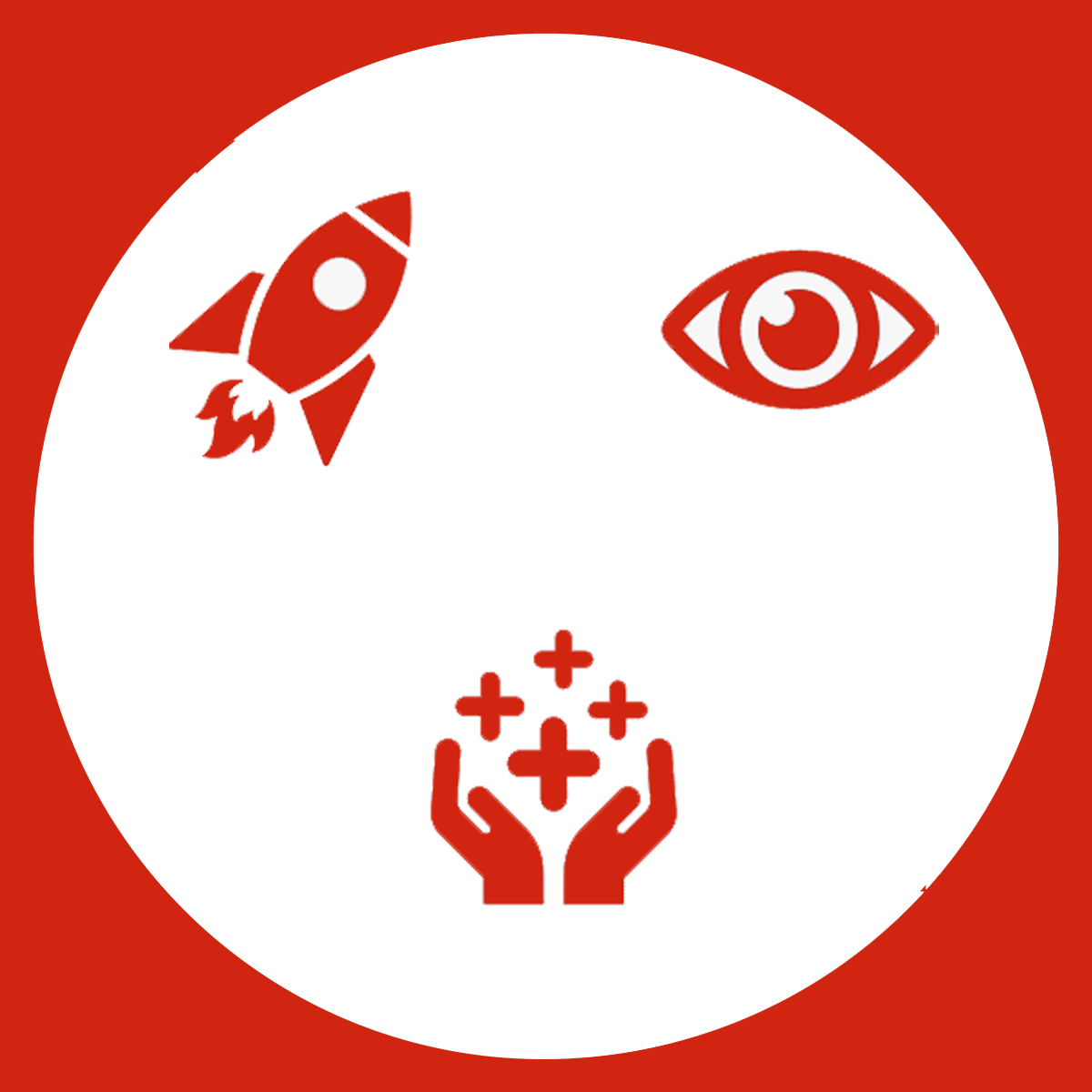

.jpg)
.jpg)

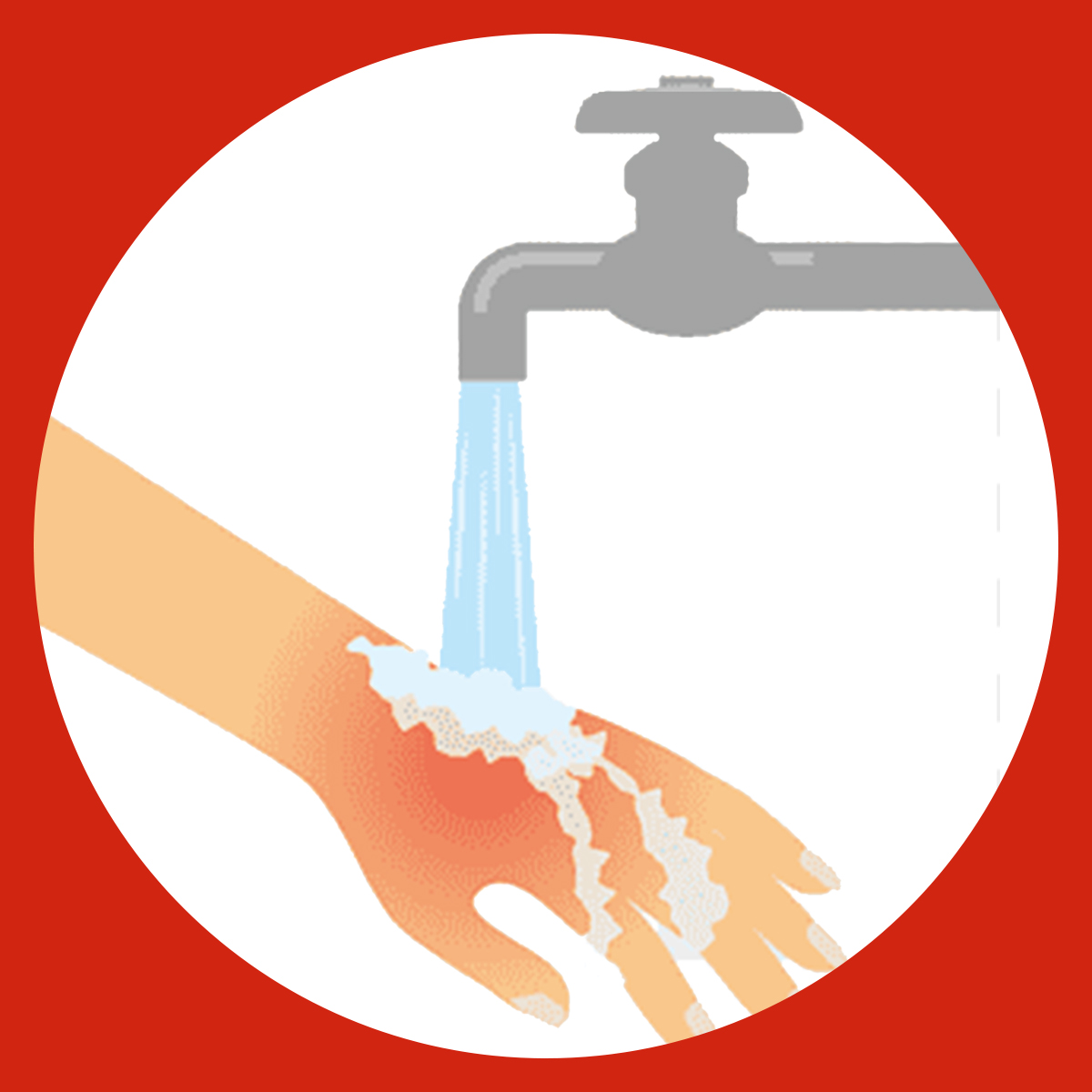


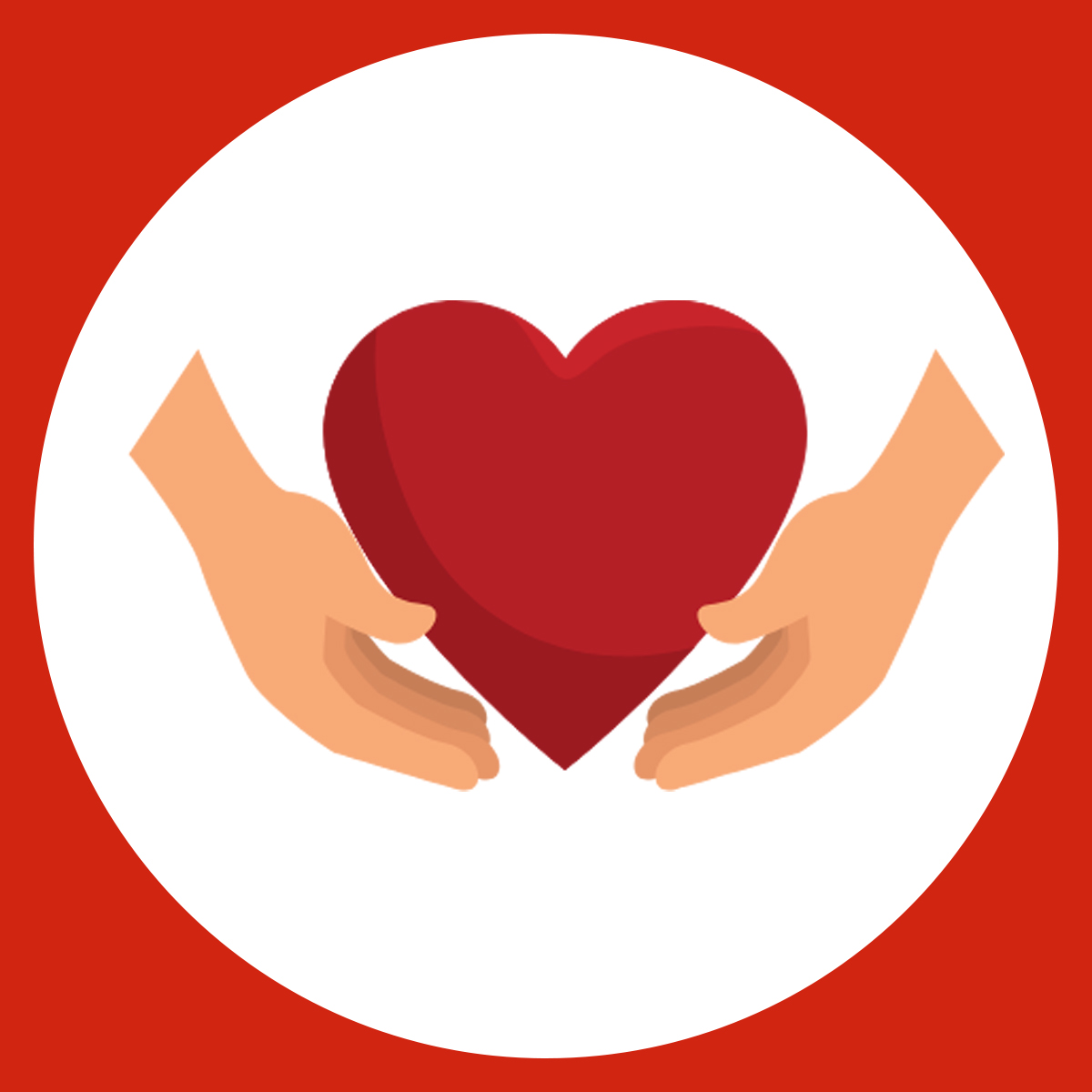


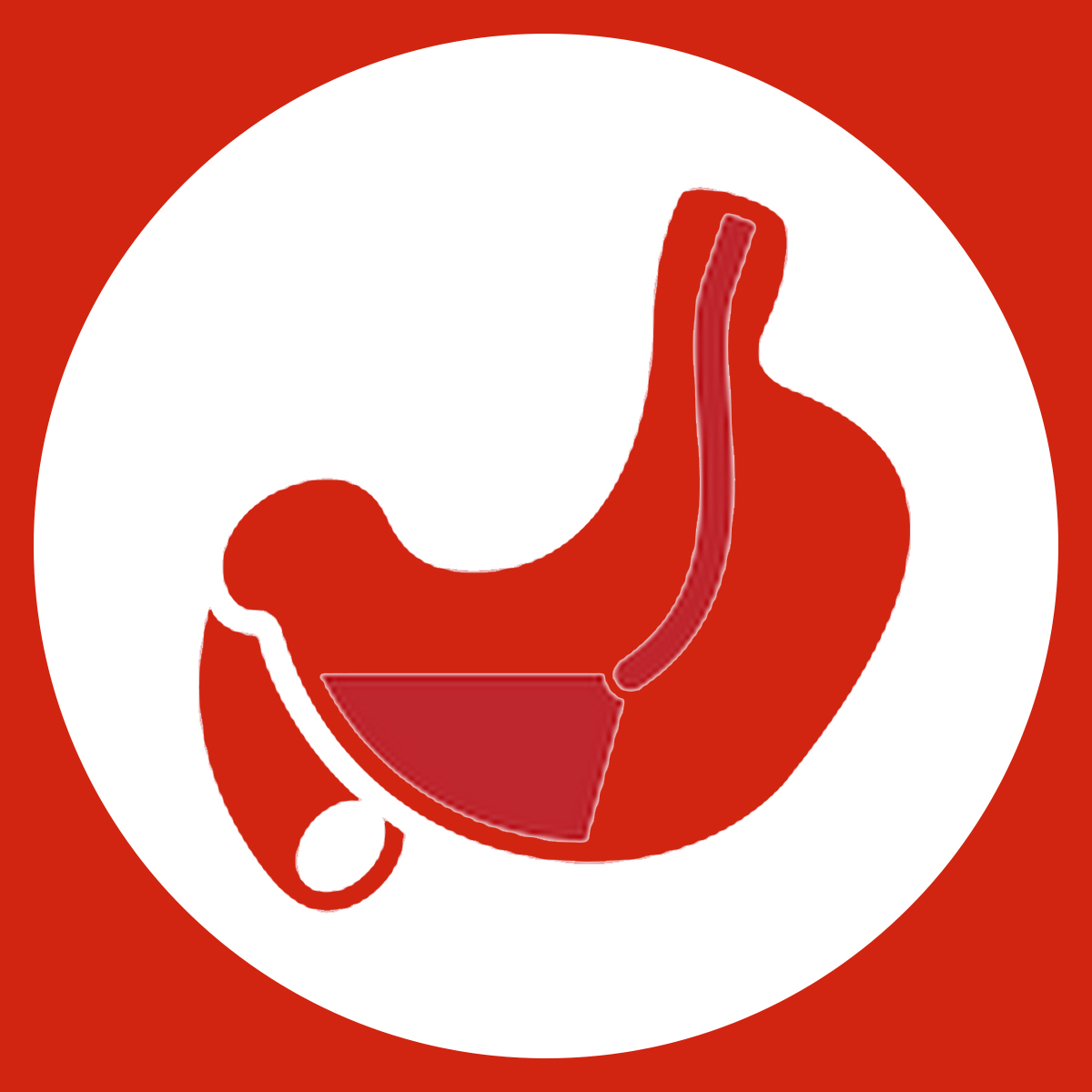
.jpg)

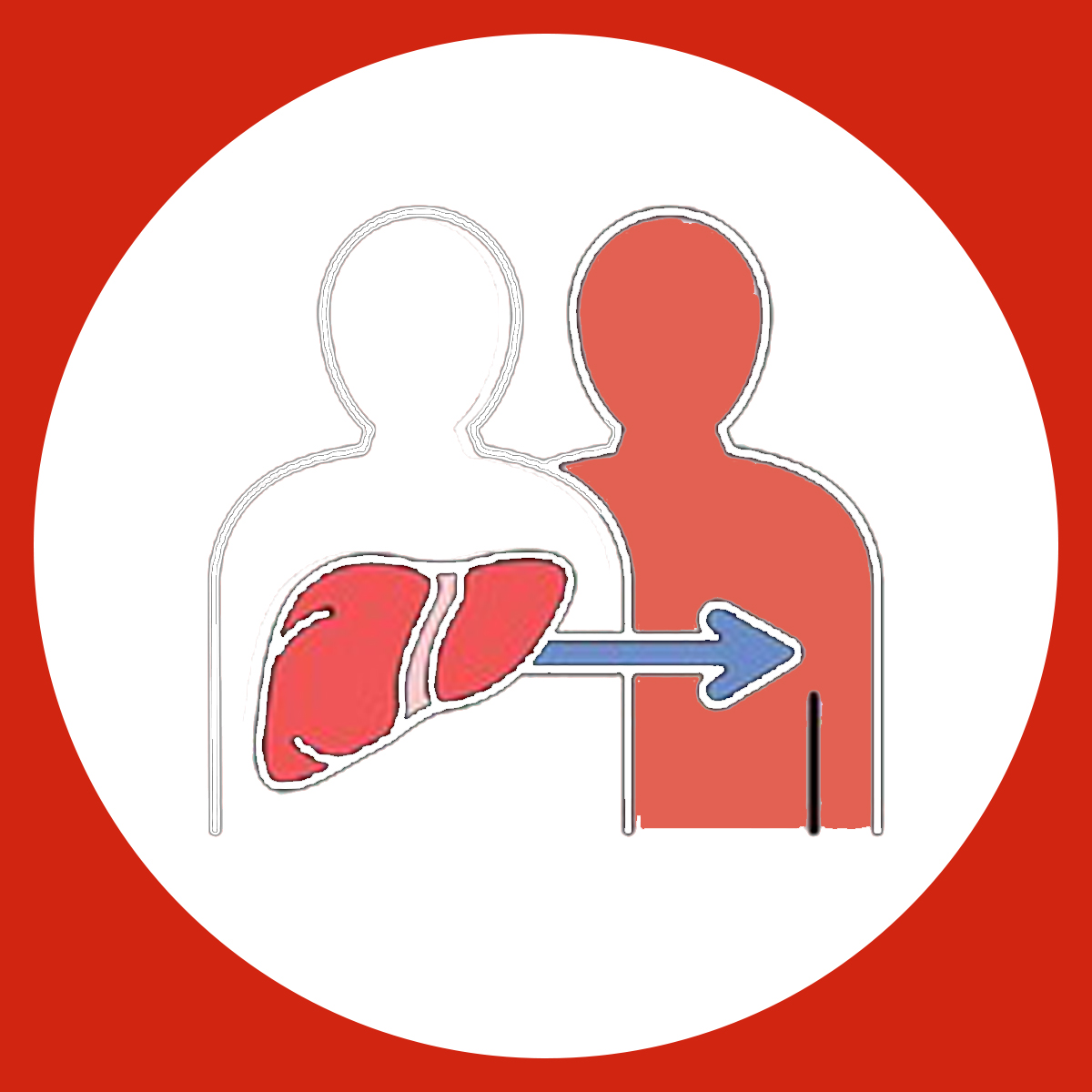
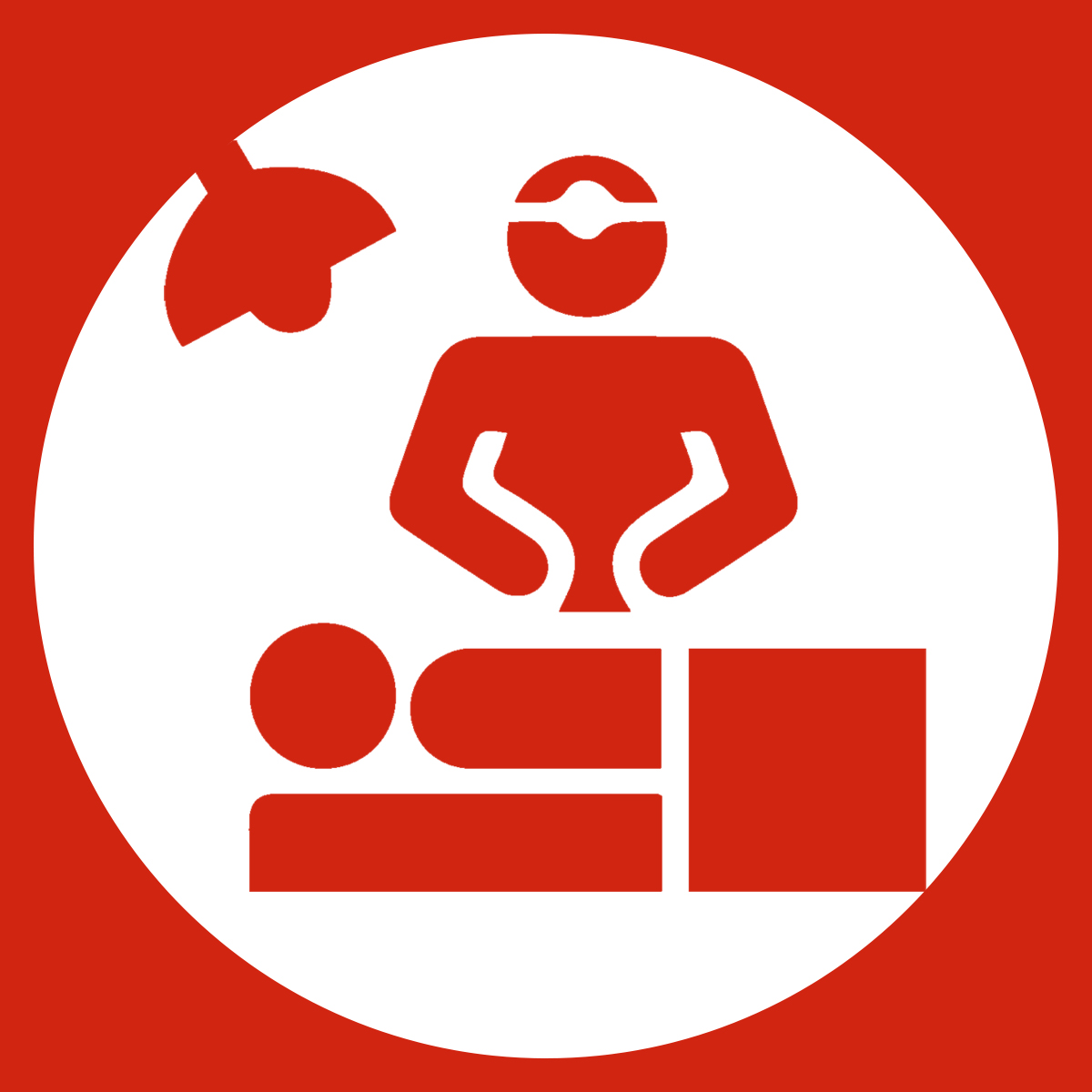
.jpg)




.jpg)

.jpg)

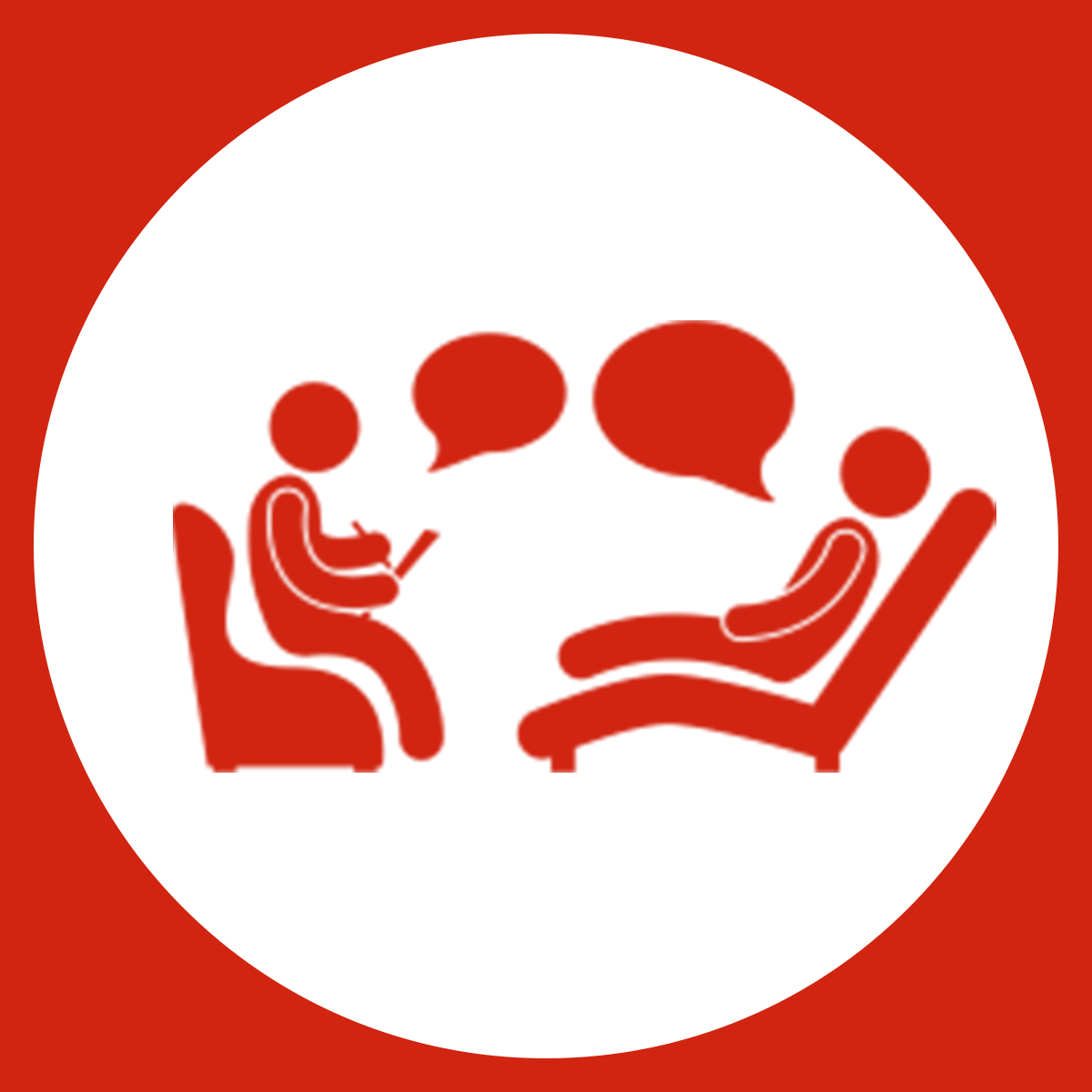

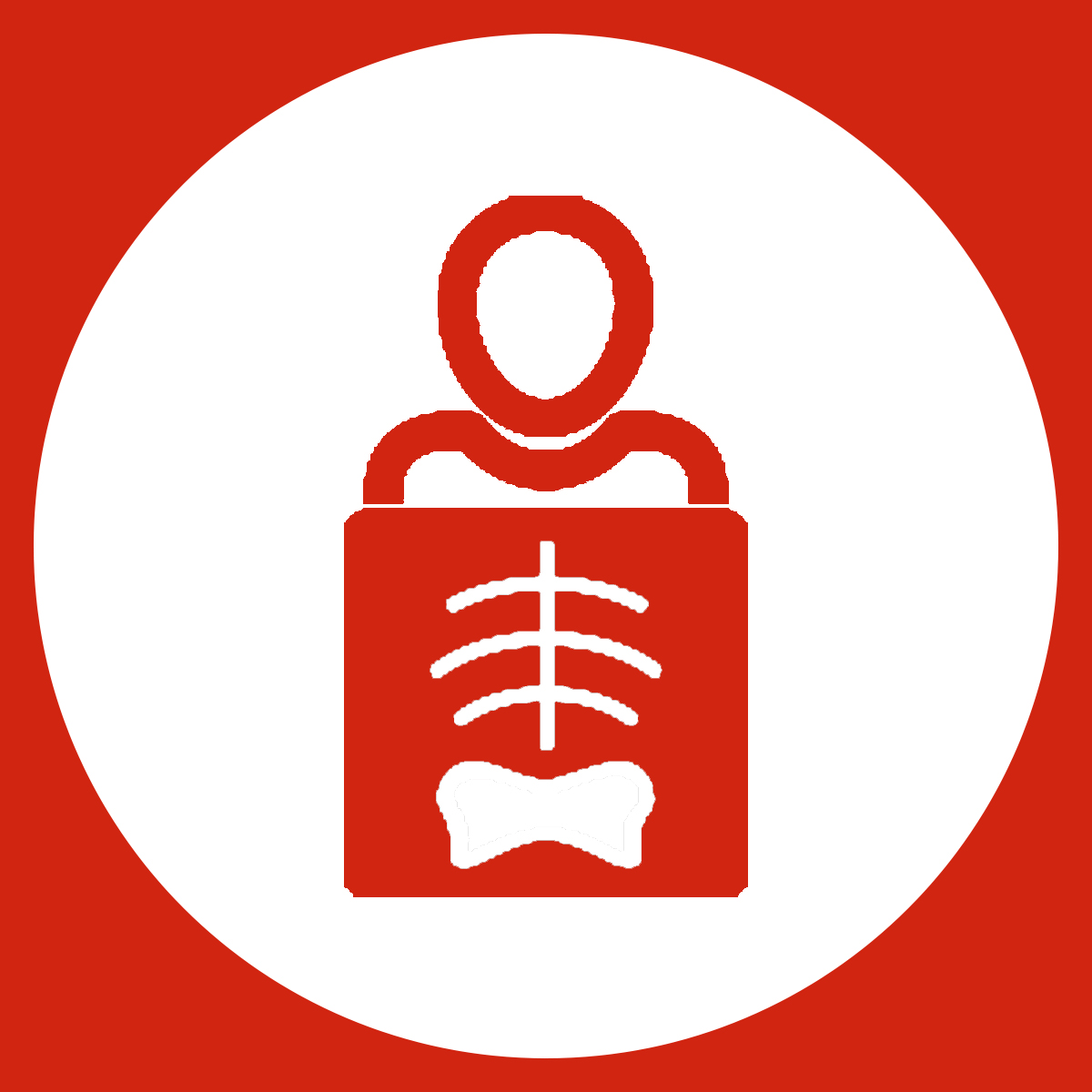
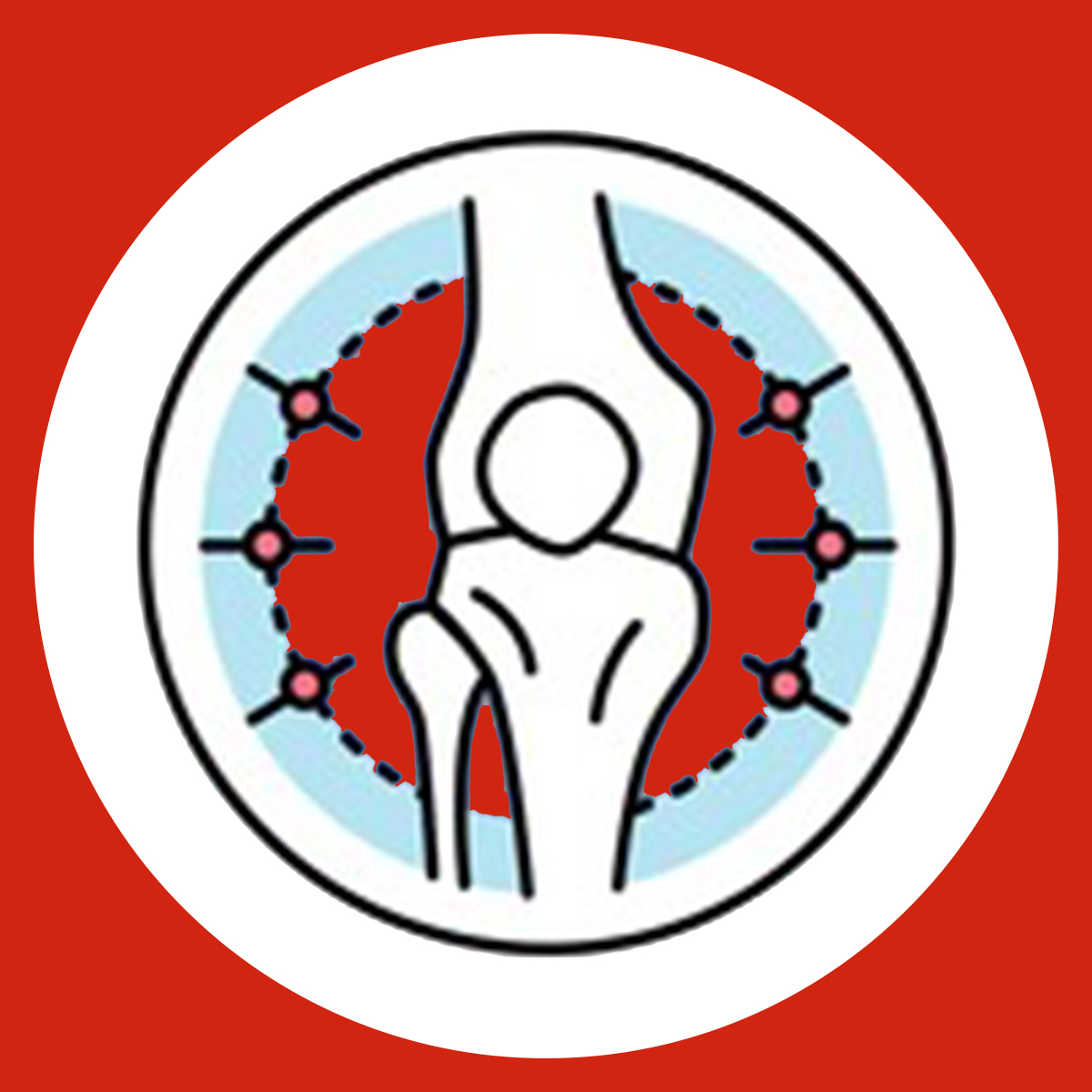


.jpg)
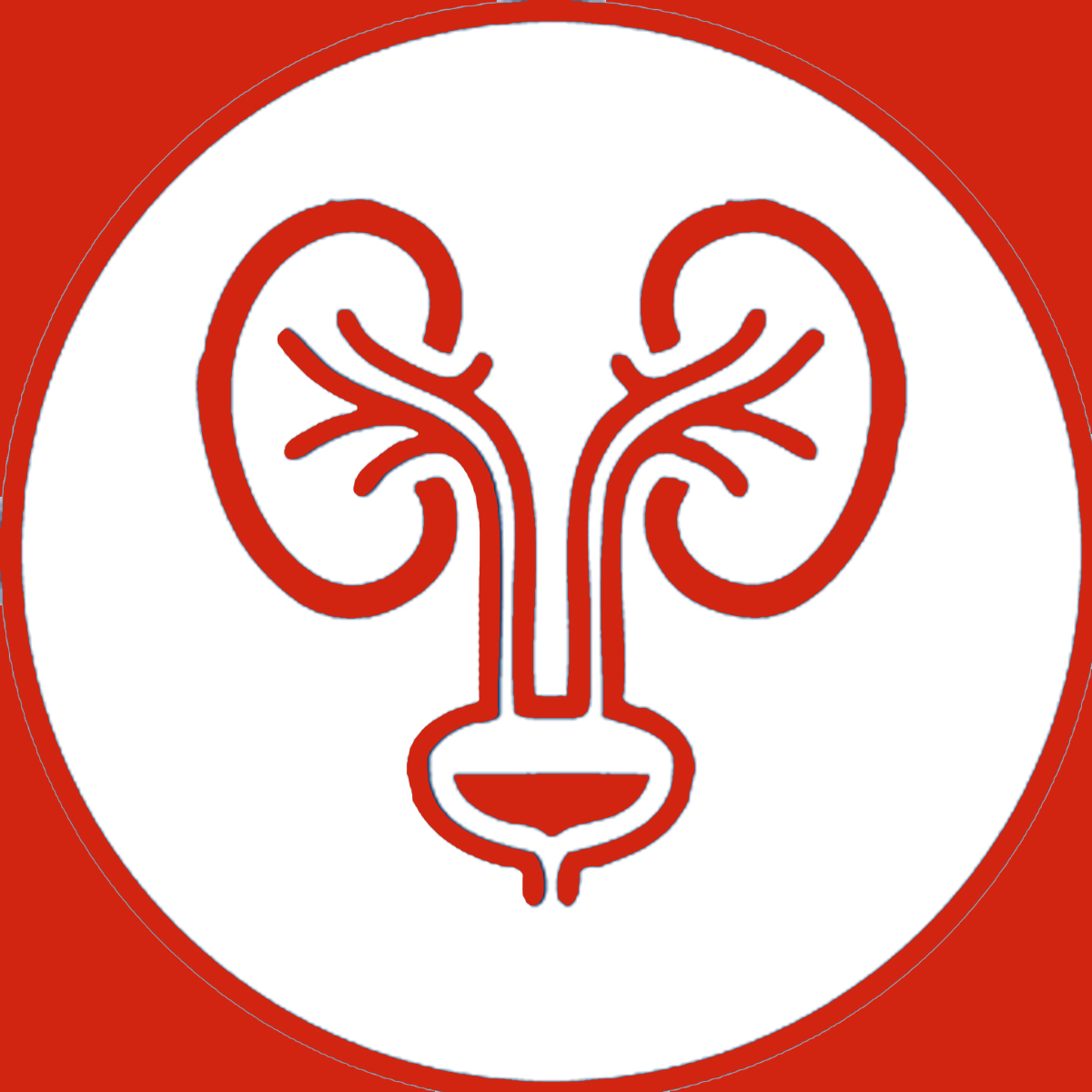

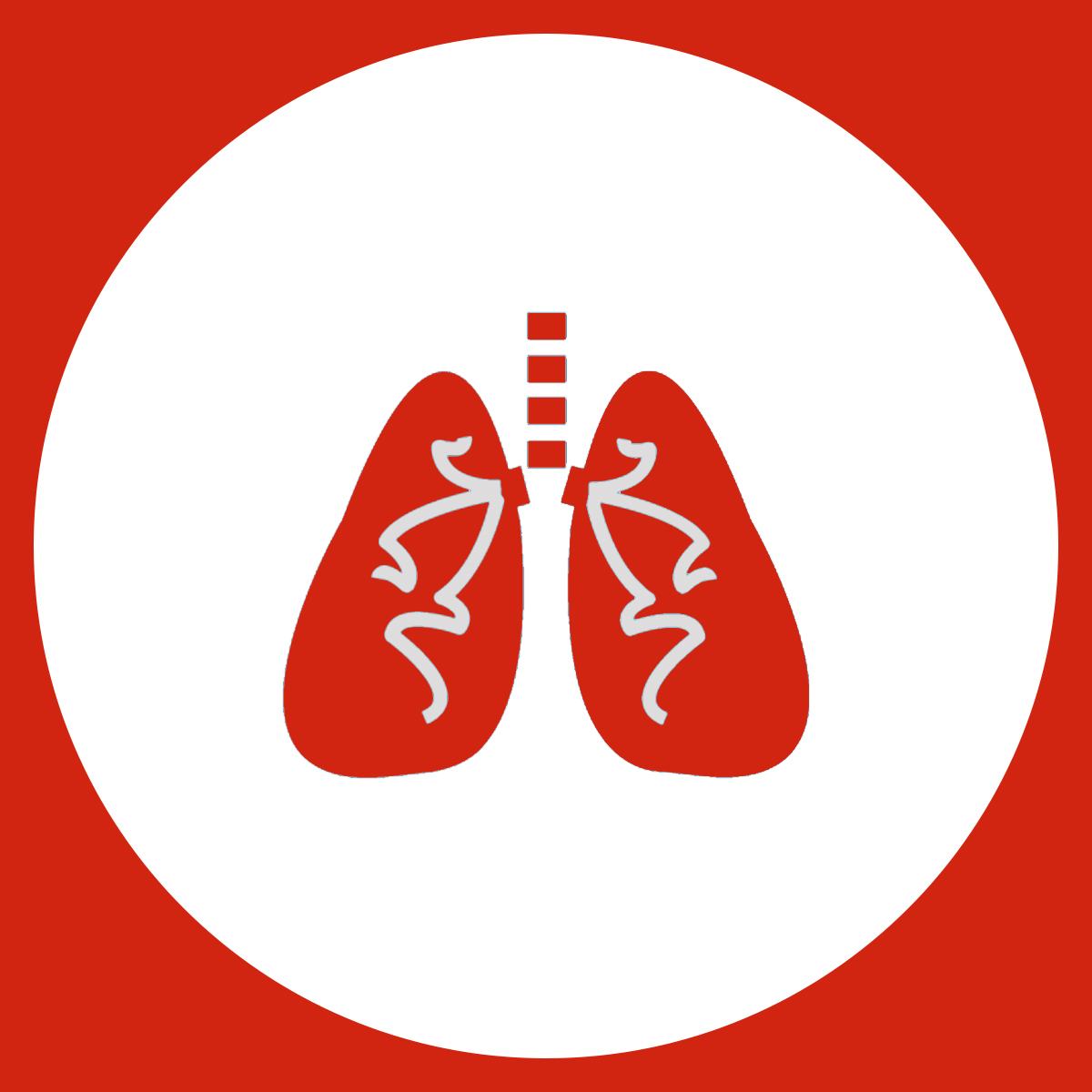
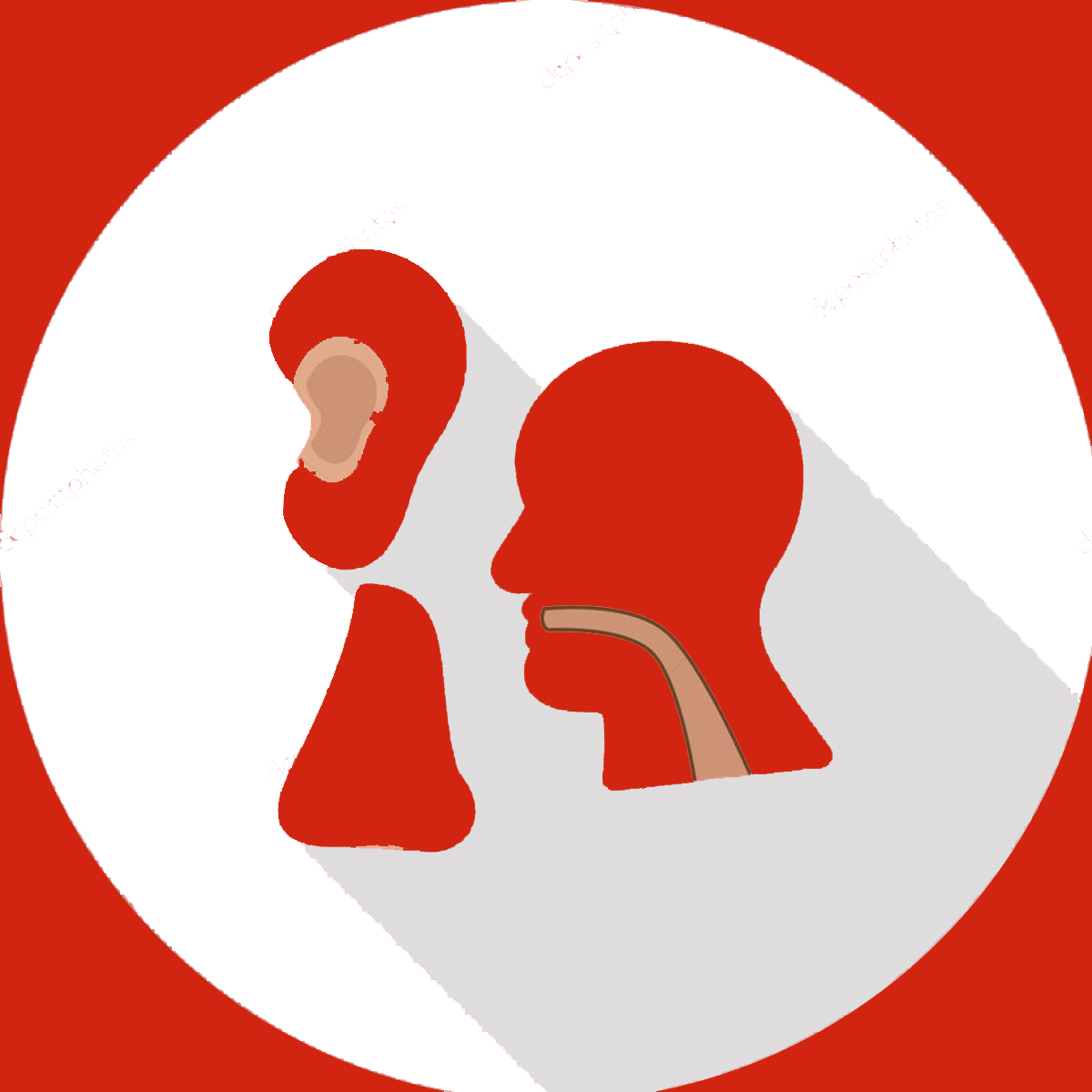
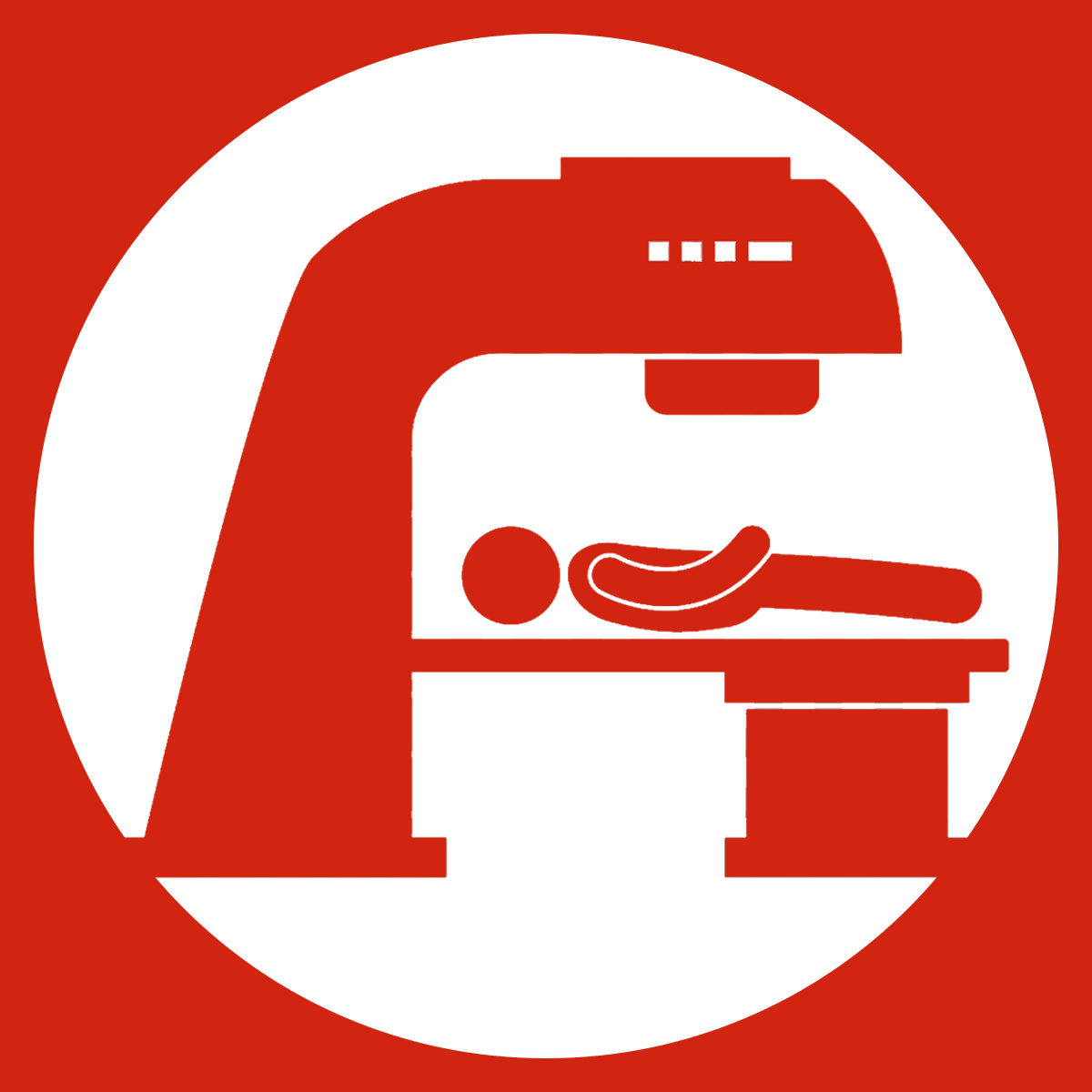
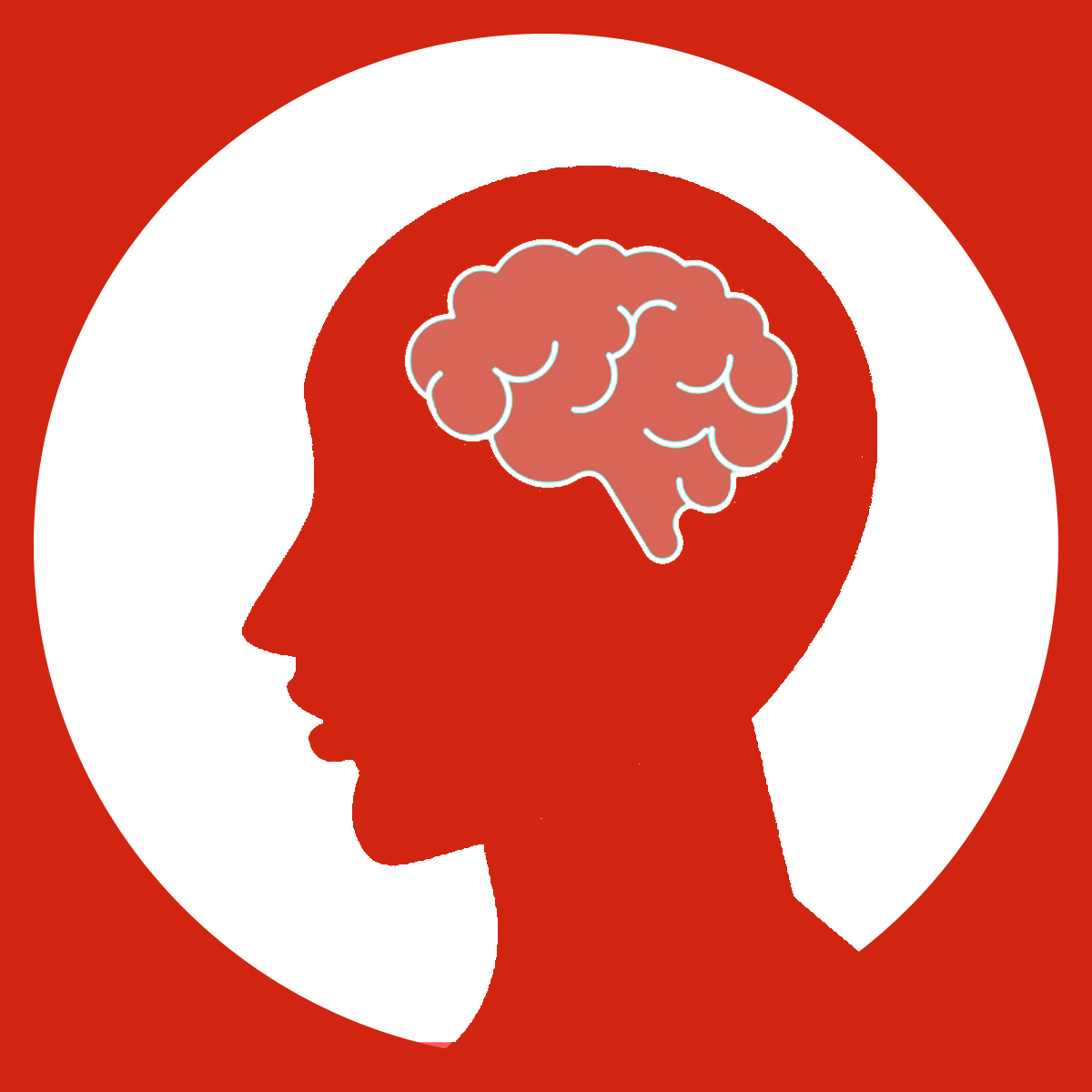
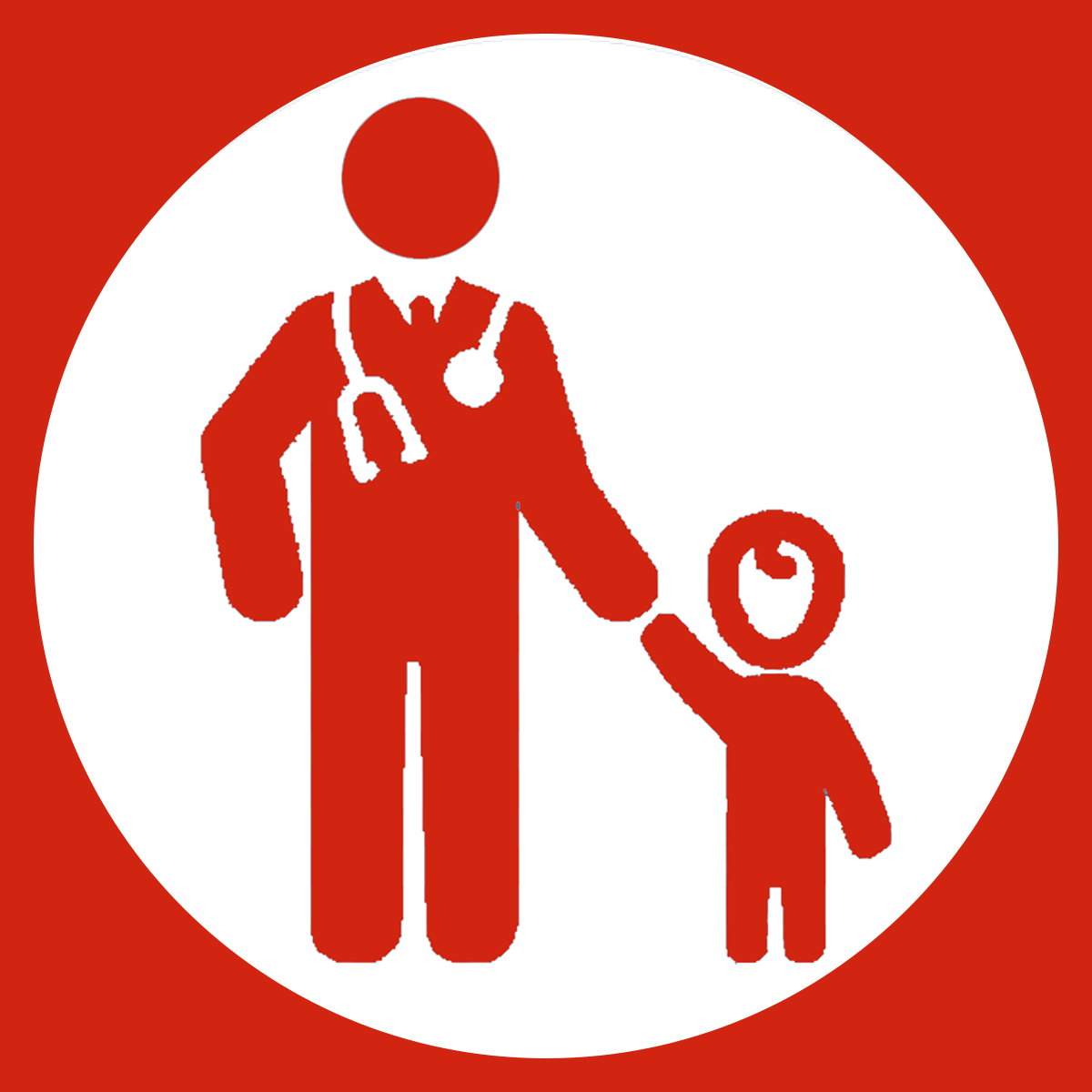



.jpg)
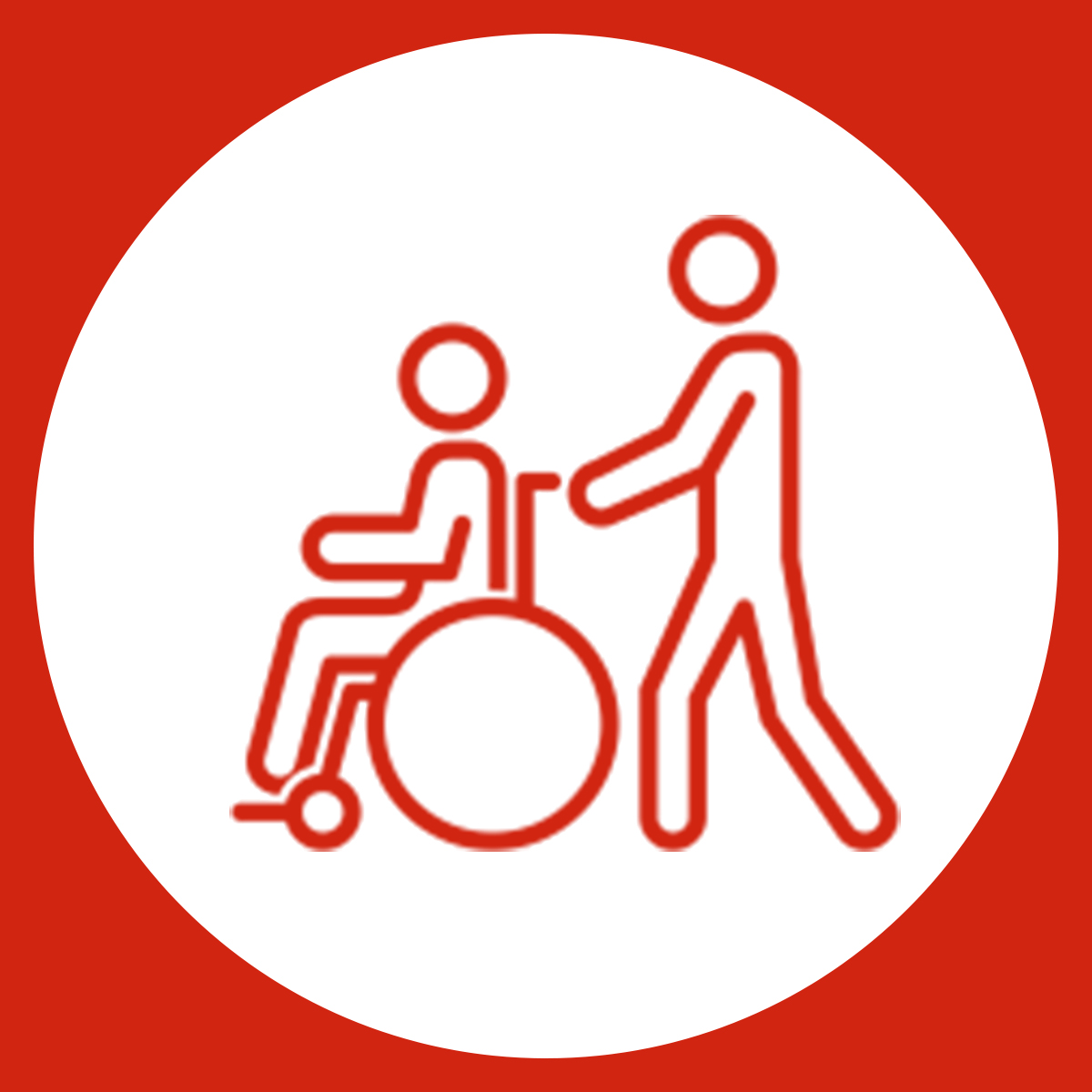

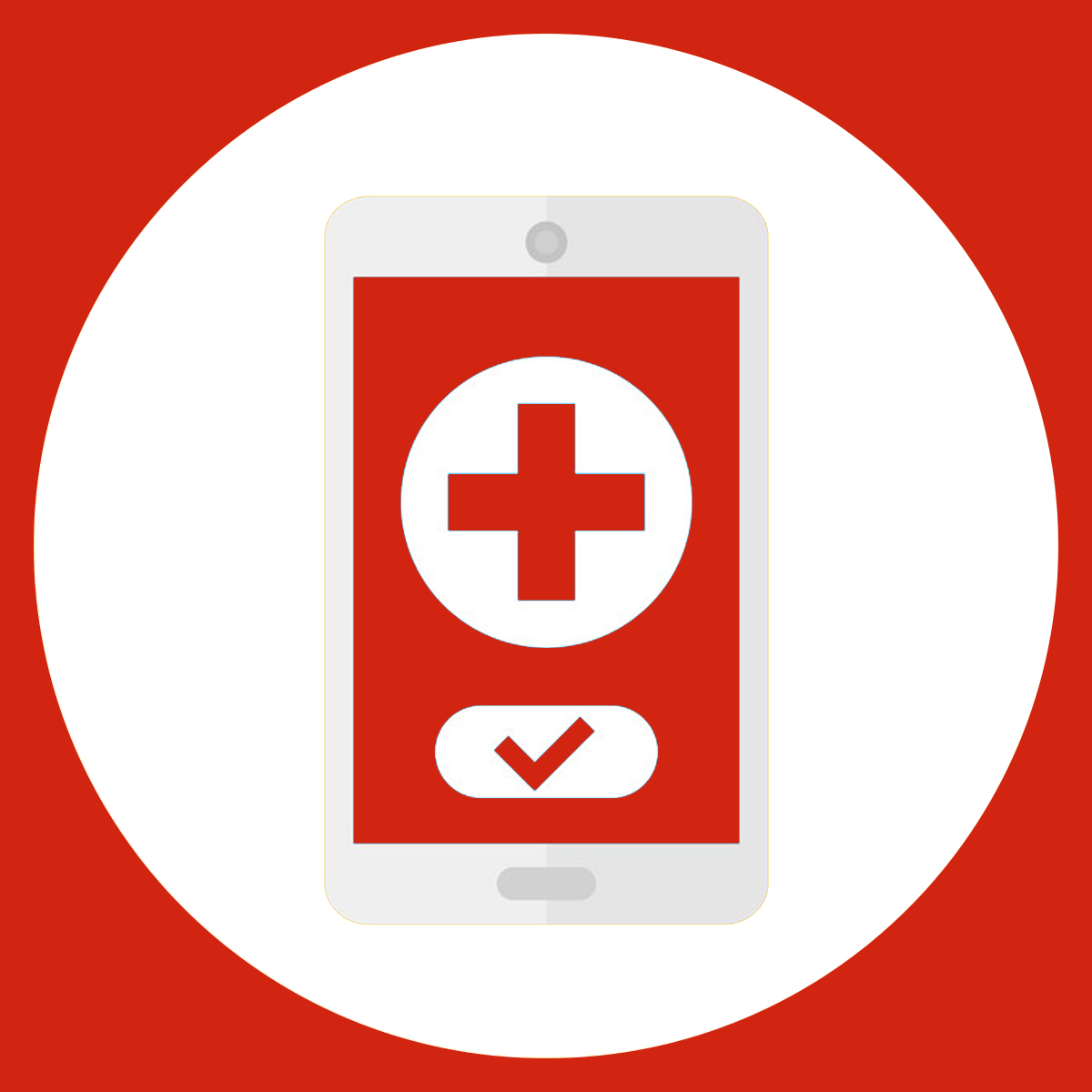
.jpg)

.jpg)
.jpg)
.jpg)
.jpg)


.jpg)


.jpg)

.jpg)


